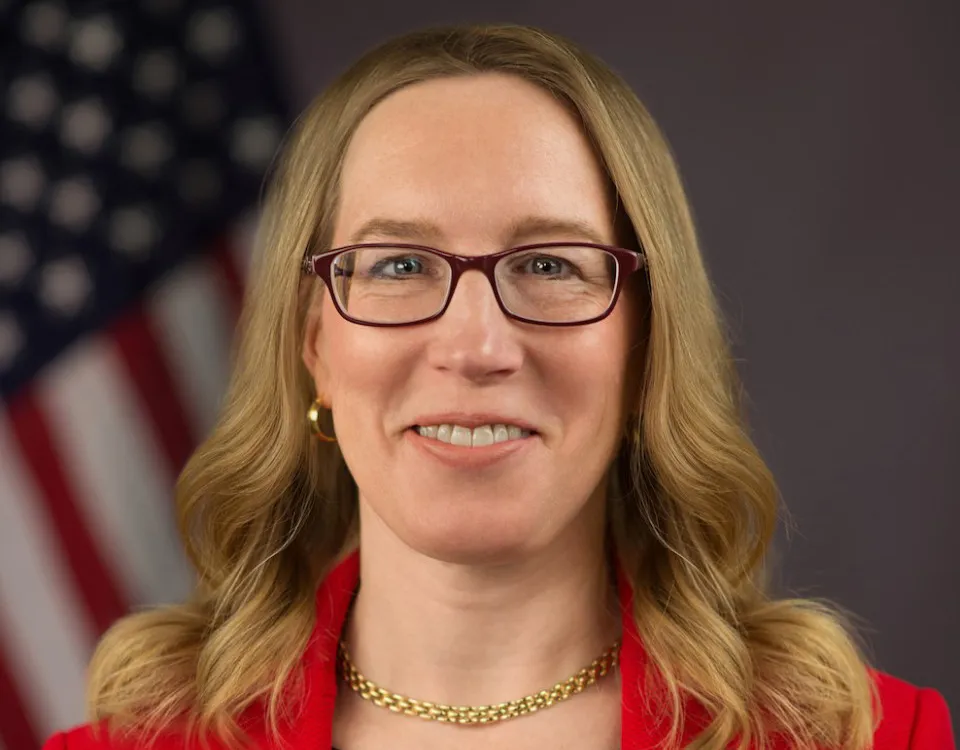If there is one thing that bankers hate more than regulation, it is regulatory fragmentation. The requirement for globally active banks to manage their businesses to multiple supervisory demands across all the jurisdictions in which they operate is the bane of their lives.
The burdens imposed by Basel III standards, and the iteration of them that is unofficially referred to as Basel IV, are frequently lamented. Even more lamented are the myriad ways in which these standards have been interpreted by national regulators, adding to the compliance nightmare as well as opening up arbitrage mechanisms that benefit some players while holding back others.
And yet, faced with the prospect of a world that can no longer afford the luxury of ignoring the risks associated with climate change, as well as a banking sector that faces its own commercial risks that derive not only from the physical impact of a warming planet but also the transition response to it, what is needed seems little short of a new global accord – a Basel V.
Regulators argue – with justification – that their role cannot be seen as the answer to the physical risks of climate change that all nations of the world face
Whisper it quietly, but regulatory fragmentation can have its benefits. It is often not understood that in certain areas of financial markets, there are good reasons to be fearful of harmonization. The clearing of derivatives through central counterparties (CCPs), for example, has brought monumental benefits in efficiency and stability. The existence of a small number of CCPs creates outsized netting effects that a more fragmented approach would have missed.
But the flipside – and something that troubles regulators, in spite of their general agreement that CCPs performed well through the initial dislocations in markets seen in March 2020 – is that this landscape has created precious few points of failure.
Many points of failure sounds like they would be a bad thing, but they confer resilience if they are poorly correlated. Were there dozens of CCPs, the failure of one would be a problem of a very different order to the failure of one of just a handful.
Sowing the seeds
That is why the thorny problem of resolution of CCPs continues to be vigorously debated. And it is why there is frequent agonising over whether a broadly harmonised approach to capital regulation since the global financial crisis has been the correct response to the global financial crisis, or whether it has sowed the seeds for another crisis if it turns out that banks are buffering themselves in such similar ways that a miscalculation in those approaches could spell a sector-wide disaster.
Some of these concerns could still hold when tackling climate risks, but there are important differences. Climate risks are unusually globally interconnected. In their case, the single point of failure would be the failure to respond to them, not the harmonization of that response.
Regulators argue – with justification – that their role cannot be seen as the answer to the physical risks of climate change that all nations of the world face. The bigger job for society at large will rest with elected governments and policymakers, who must carry their populations with them to effect the kind of behavioural change that must happen.
The good news – and we need good news – is that there is clear evidence that the banking sector and its supervisors are becoming alert to the burden that should and will fall on them as one of the best transmission mechanisms into corporate activity, if not the activity of individuals. Many aspects of banking are already regulated on a global basis, or at least on a bedrock of globally agreed principles. That in itself makes the sector a good place to start.
Many initiatives under way reflect this. The Basel Committee on Banking Supervision (BCBS) is wrestling with the role that it might play in establishing a broad framework of principles. National regulators are working together – arguably not yet sufficiently, it is true, but the establishment of bodies such as the Network of Central Bank and Supervisors for Greening the Financial System (NGFS) is an important step in the right direction and has already produced clear benefits in the area of scenario analysis that is appropriate to the relationship between banks and their clients.
International standards
Another still more important measure is getting closer to realization. The creation of an International Sustainability Standards Board (ISSB), along the lines of the International Accounting Standards Board (IASB) and, like the IASB, sitting under the auspices of the International Financial Reporting Standards (IFRS) Foundation, is expected to reveal progress at this year’s COP26 conference in Glasgow.
Within the regulatory community, the ISSB is being seen as the great hope for the harmonization of standards, something so urgently needed.
To be clear, a call for Basel V is not to advocate for supreme and all-encompassing power for the Basel Committee when it comes to climate, with no consideration of necessary jurisdictional differences or the input of national regulators. It is simply a way to communicate the scale of the task.
No one should be under any illusion that the correct response to climate risks to the banking sector is anything other than a project on the scale of the first Basel accords. Regulators and banks must grasp the opportunity to embark on it. To shrink from that responsibility would be unforgivable.




